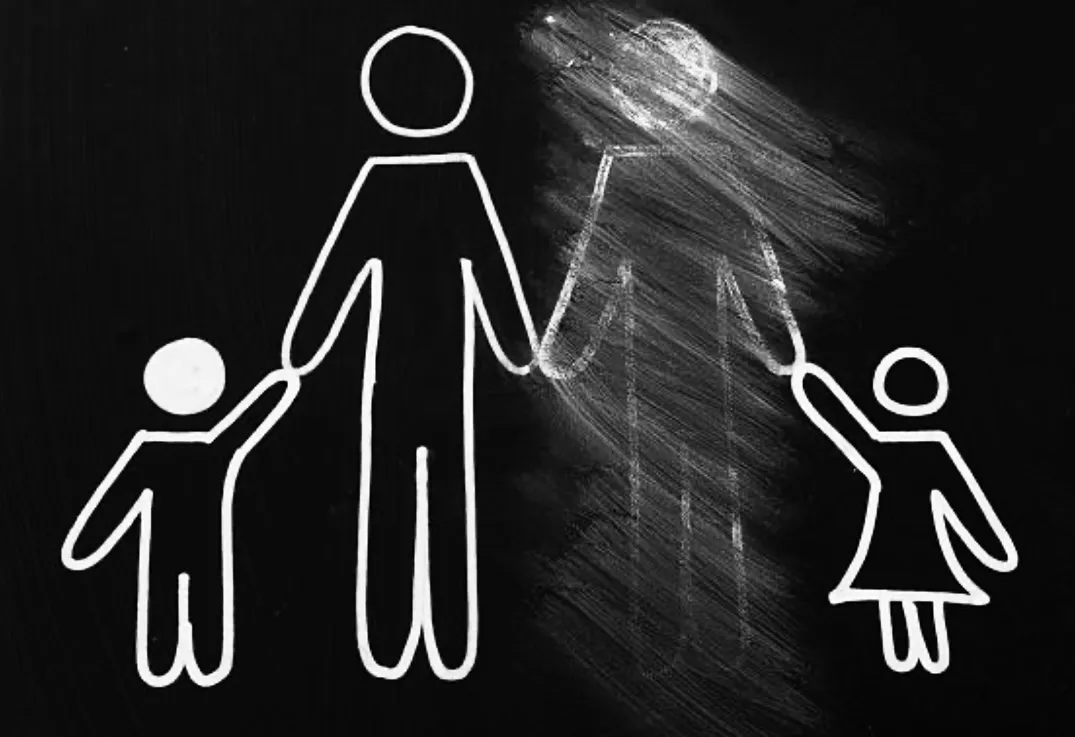Towards the end of my career I have been analyzing “Bad Habits and Behaviors” that I realized I brought home from the business world and just want to share randomly #2 in case any of the people reading have the same issues
The Cost of Achievement:
Past
As I look back, I see how deeply my life has been defined by the pursuit of business success, often at the expense of personal relationships. In those early years, I believed I was balancing it all—that my dedication to work somehow translated to caring for others. But in truth, my focus was narrow. I cared selectively, investing attention only in those who helped drive my goals forward, often overlooking people who didn’t fit directly into that framework.
This mindset seemed harmless, even logical in a fast-paced world that rewards measurable achievements over intangible connections. My attention gravitated toward results and efficiency, and I began to view time spent on “non-essentials,” like personal conversations, as distractions from my objectives. Without realizing it, I was pushing relationships to the margins, prioritizing accomplishment over connection.
The consequences weren’t immediately apparent. Only later did I understand the real cost of that achievement-focused lifestyle.
Present
Now, I see this constant drive as a form of achievement addiction. Here’s how I know: every morning—weekends included—I wake up with a checklist in my mind, eager to mark off accomplishments. Conversations feel like they take time away from my goals; I often rush to conclusions, preferring quick answers over understanding the “why.” I notice myself prioritizing efficiency over empathy, training my mind to filter out anything that doesn’t seem immediately relevant to my objectives. This mindset has eroded meaningful relationships, causing strain with people I genuinely care about, and even risking relationships closest to me.
Future
I’ve learned that real success isn’t just about achieving goals—it’s about valuing the people who journey with you. To break free from achievement addiction and foster deeper relationships, here are steps that can help:
- Listen Fully and Engage: Commit to listening without rushing for a quick answer. Create time each day to engage in conversations where you focus on understanding others’ perspectives instead of just hearing conclusions.
- Detach from the Outcome: Rather than tying self-worth to every win, celebrate team achievements and let go when things don’t work out. Appreciate the people and effort, not just the end result.
- Put People First: Shift from “Me – Accomplishment – People” to “People – Accomplishment – Me.” Give others space to take ownership, and trust their paths, even if it means stepping back.
- Balance Achievement with Empathy: Set boundaries around work objectives, allowing dedicated time for relationships. Remind yourself that productivity doesn’t always equal worth.
- Reflect and Adjust Regularly: Take time each week to assess how well you’re balancing relationships with goals. Make adjustments as needed, remembering that the connections and people along the journey are really what make’s life fulfilling.
In Closing:
I really do believe Accomplishment/Achievement can become an addiction. I absolutely know it is my addiction and I struggle with it every day. Even right now getting this post out. I will consider myself a work in progress — I will work on listening and engaging more, detaching from the outcome, and reflect everyday on how I am doing by measuring my time engaging versus accomplishing.
If you believe you have this addiction and would like to work on it let me know — have no idea what we will do or how to approach but listening and taking some time to discuss — could be a good first step. –
OnWard and UpWard AZ


